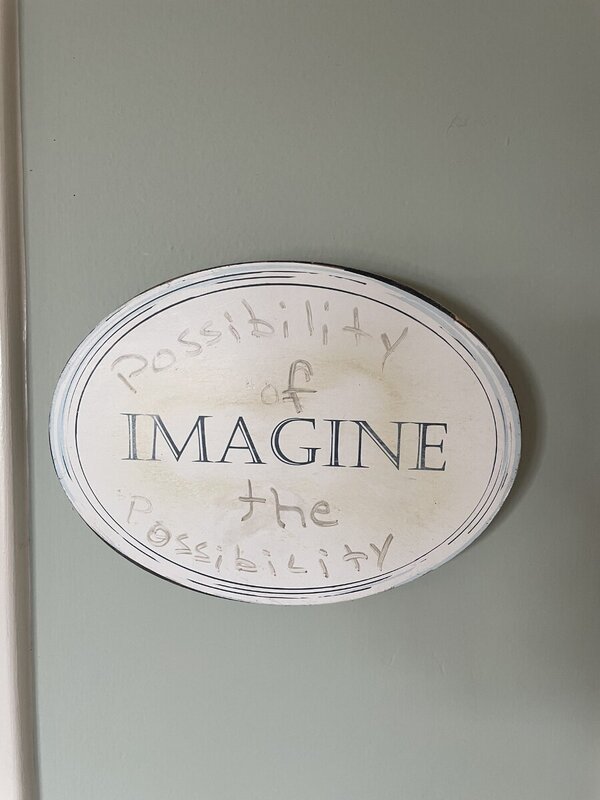why
Distinguished Member
- Joined
- Oct 7, 2007
- Messages
- 9,505
- Reaction score
- 368
It was just an example.
The issue is that you're looking at the wrong probabilities, which is what I was trying to show. People aren't randomly assigned tasks, careers, lives, etc., so ignoring their decision-making in the statistics is rather silly. A person who has family in a francophone country will probably need French more than Spanish, for example. Obviously, that's a very particular example but it demonstrates what I'm saying quite clearly, I hope. The demographic argument also assumes that the usefulness of a language is measured by the size of its demographic, which simply isn't true. A look at how business is done between Asian countries and the US is enough to understand this.
I'd argue learning French, Spanish, or Italian eases learning other Romance languages more so. The structure of Latin is completely unlike its child languages, which themselves are all pretty similar. Etymological analogies can be learned from any of those, anyway. Latin is more useful for linguistics studies per se than modern languages.
I can agree there to an extent, but it's not like French teachers have much clout. A lot of reasons why it's still taught at public schools have to do with tradition.
It's likely taught at private schools so the kids don't look silly the first time they pronounce Louis Vuitton or try or order a bottle of Dom. Joking aside, really, prestige reasons are likely a large part of why it's taught at private schools -- which is ridiculous in the most proper sense of the word considering the above considerations likely play little or no part in the choice and the thought process probably doesn't go much deeper than French : Chanel :: Spanish : Burrito.
Your anecdotal argument presupposes that your personal life is relevant.
It was just an example.
The demographic argument would seem to hold more weight, what with it being rooted more in probabilities that are calculable from incontrovertible facts.
The issue is that you're looking at the wrong probabilities, which is what I was trying to show. People aren't randomly assigned tasks, careers, lives, etc., so ignoring their decision-making in the statistics is rather silly. A person who has family in a francophone country will probably need French more than Spanish, for example. Obviously, that's a very particular example but it demonstrates what I'm saying quite clearly, I hope. The demographic argument also assumes that the usefulness of a language is measured by the size of its demographic, which simply isn't true. A look at how business is done between Asian countries and the US is enough to understand this.
I don't have a problem with Latin at all - I'd much rather my kid learn Latin than French. Having taken it, I understand and agree with your points about the building blocks of language and easing the learning of other languages. Some of that relates to how Latin is taught vs. how French (and other languages) are typically taught (with a focus on speaking rather than on the components), but the fact remains that Latin also provides the Western Civ historical element, and definitely eases the learning of other Romance languages.
I'd argue learning French, Spanish, or Italian eases learning other Romance languages more so. The structure of Latin is completely unlike its child languages, which themselves are all pretty similar. Etymological analogies can be learned from any of those, anyway. Latin is more useful for linguistics studies per se than modern languages.
But when I look at private elementary schools (this is the perspective from which I was writing my overly simplistic StyleForum post), for them to only offer French seems like an anachronism to me. My own personal perspective is probably skewed by my own experiences, but having some understanding of Asian cultures (not that they are all the same) and languages would seem to tee kids up better for their future, from a language and cultural point of view, than continuing to flog French.
Of course we both probably can admit the real reason schools still teach French: because there are still a lot of French teachers around.
I can agree there to an extent, but it's not like French teachers have much clout. A lot of reasons why it's still taught at public schools have to do with tradition.
It's likely taught at private schools so the kids don't look silly the first time they pronounce Louis Vuitton or try or order a bottle of Dom. Joking aside, really, prestige reasons are likely a large part of why it's taught at private schools -- which is ridiculous in the most proper sense of the word considering the above considerations likely play little or no part in the choice and the thought process probably doesn't go much deeper than French : Chanel :: Spanish : Burrito.
Last edited:






























